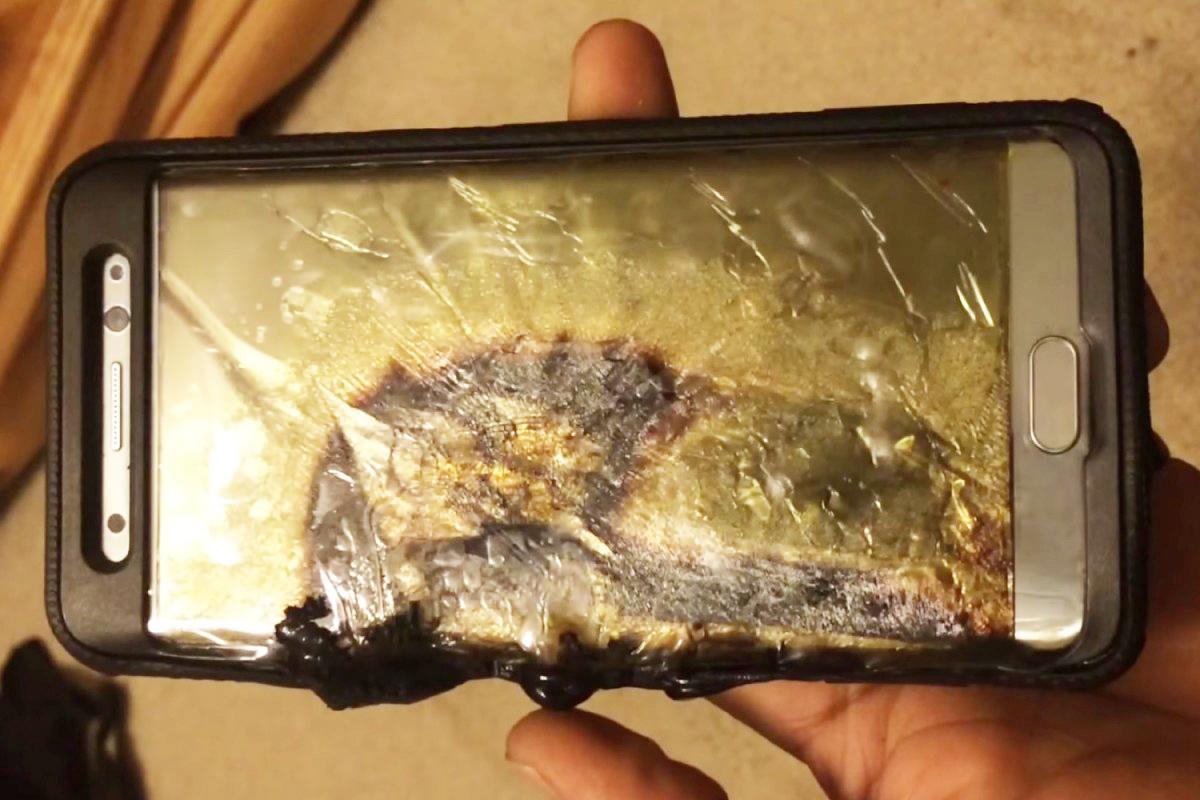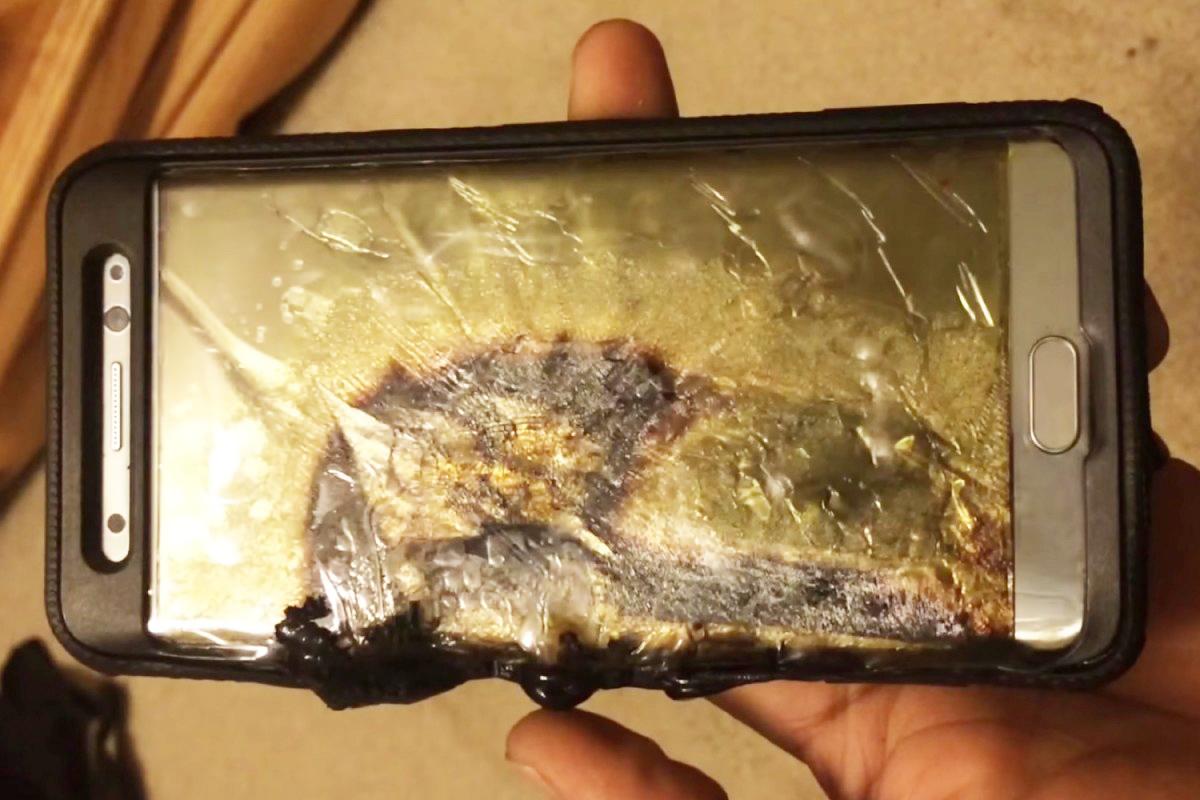A dark year for the release of the iPhone 7 and the Galaxy Note 7 became darker last week when the U.S. Department of Transportation announced on Friday that airline passengers will no longer be allowed to bring Samsung Galaxy Note 7 phones on airplanes — either in their luggage or in their pockets — starting on Saturday.
“We recognize that banning these phones from airlines will inconvenience some passengers, but the safety of all those aboard an aircraft must take priority,” said Transportation Secretary Anthony Foxx in a prepared statement. “We are taking this additional step because even one fire incident inflight poses a high risk of severe personal injury and puts many lives at risk.”
The concerns about Galaxy 7 phones arose after a series of explosions caused by their lithium ion battery.
Although this problem recently caught mass media attention, there were earlier incidents that occurred as a result from overheating, overcharging or applying too much pressure onto the device.
As a precaution, smartphone companies such as Apple and Samsung have withdrawn their smartphones from stores. In response, they advise their customers to stick with their phone’s manufacturer charger, that means no car chargers or tablet chargers.
As a courtesy, Apple and Samsung apologized to their customers and assured them this will not happen again.
For those who suffered extreme burns from their smartphones exploding, Apple and Samsung offered settlements for the bodily damage.
“We had customers who would bring in their new iPhone 7s and Galaxy Note 7s with their charge ports burned and melted,” said a current Best Buy employee who has decided to remain anonymous. “Be careful if you also buy an external case charger because some are not totally compatible and in general they cause your phone battery to overheat even more.”
Despite the recall, the Galaxy Note 7 has been banned from use on planes.
The U.S. Federal Aviation Administration urges people to keep their smartphone off or at least refrain from charging it.
According to Express News, Australian airlines Qantas, Jetstar and Virgin Australia have already banned passengers from using or charging the Samsung Galaxy Note 7 during flights over fire concerns.
However, it is important to understand that these smartphones themselves are not dangerous, rather it is how lithium ion batteries are prone to malfunctions.
In response, it is crucial for people to take care of their lithium ion battery by watching out where they store it, charge and leave it because they are capable of causing a fire.
“Based on the iPhone 7s I warrantied, I noticed that a few of the fires were a result from the phone being overcharged too long,” according to a current Apple employee who will remain anonymous. “The reason lithium ion batteries are so popular is because they typically hold twice the charge of average nickel-cadmium batteries. However, these recent incidents prove that the lithium batteries are not entirely safe.”
If you are someone planning on getting a new smartphone soon, it would be best to hold off on it for a while until this problem is resolved.
“I feel that smartphone companies made a huge mistake in creating an unstable battery that has problems overheating,” said Emilio Oliveros, a Sonoma State University student. “However, failure is a byproduct of success. Before smartphones can get any better, they will eventually fail at least once, and it’s horrible what happened to people because of their mistake. This should be a reminder to Apple and Samsung that the stakes are higher now to come up with a safer and better battery”.




































